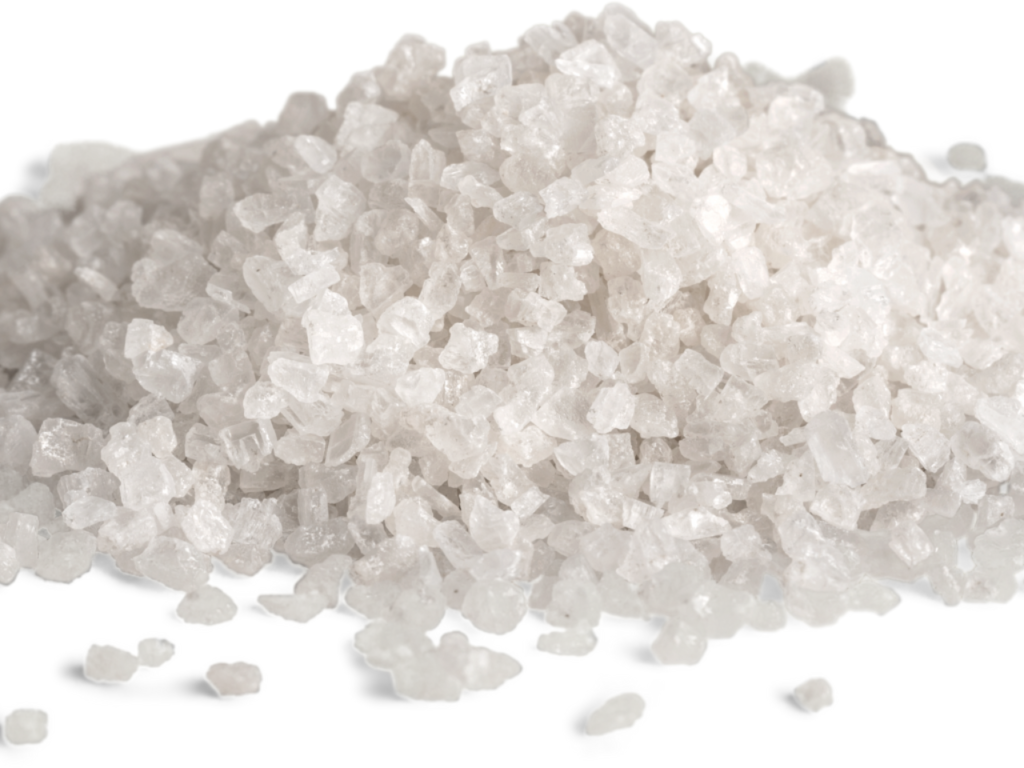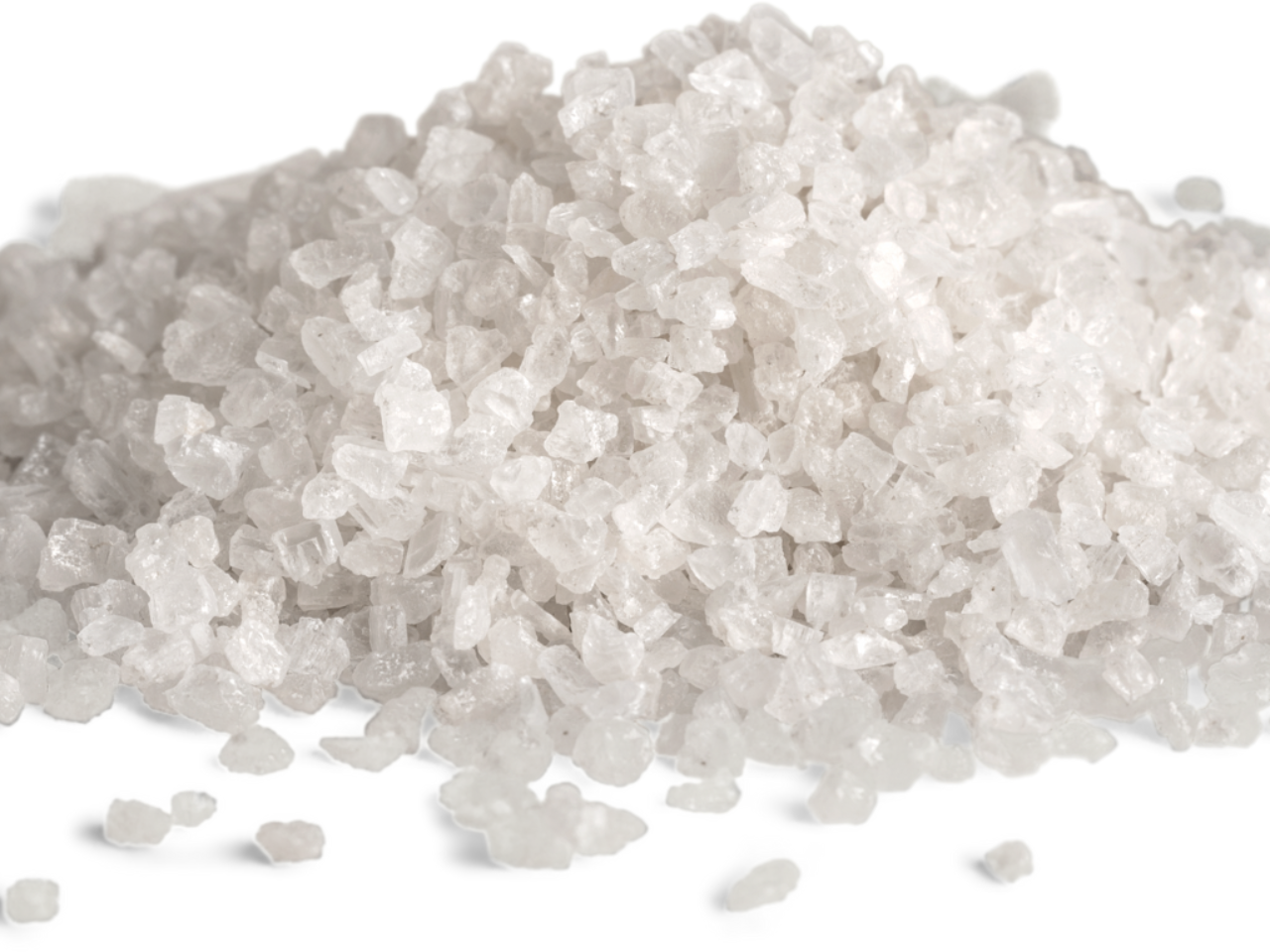Classification of industrial minerals allows to see how different minerals are classified according to their properties.
Industrial minerals are naturally occurring substances that are mined and processed for their commercial value and various industrial applications. These minerals are typically abundant in nature and are utilized in numerous industries due to their physical properties and chemical compositions.
Industrial minerals play a crucial role in the economy due to their natural occurrence and wide-ranging industrial applications. These minerals are commonly found in rock formations and other non-metallic substances. They possess significant economic value and are utilized across various industries. Each industrial mineral exhibits unique characteristics and physical properties, including insulation capacity, hardness, density, and fibrosity, catering to diverse industrial needs.
It’s important to note that industrial minerals differ from precious stones, metals, and energy minerals in terms of chemical composition and physical traits. While industrial minerals are essential for numerous industrial processes, precious stones, metals, and energy minerals serve distinct purposes and have varying properties. Additionally, non-fuel minerals and construction materials, such as sand and crushed stones, are not classified as industrial minerals. Despite sharing similarities in economic significance and extraction methods, they serve primarily in construction-related applications rather than industrial processes.



VARIOUS INDUSTRIAL MINERALS
There are plenty of industrial minerals that are used in manufacturing various products. Many of these products are used as a part of our daily lives. These minerals are as follows:
Talc
One of the most prominent and diverse minerals is Talc. Apart from that it has plenty of uses due to its great characteristics. The talcum powder that we all use almost every day is made up of talc. It is also used as a filler in plastics. Many cosmetics that are out in the market have a major ingredient talc. The best thing is that it absorbs moisture. The cosmetic industry cannot survive without this mineral. Whether it is the blush, powder, liquid makeup and other products. Apart from that the plastic, glass, ceramic and paper industry also use talc on a vast range. It is also used as a dusting agent and in the rubber industry as well.
Silica
The uses of silica are very diverse. It is one of the top notch materials that is used as an abrasive. Whether it is the glass, paints, coating and ceramic industry they cannot survive without it. Silica is used to purify water that we drink every day. Moreover, the pharmaceutical industry makes use of silica. Another important use of silica is in the food and beverage industry.
Bauxite
The country that has plenty of Bauxite holds a great importance in building up a great economy. It is used in the cement industry. Moreover, it helps in the production of aluminum.
Kaolin
Kaolin is used in the pharmaceutical industry. It is used to coat the paper and make it useable and glossy. This is why we mostly see the medicines packed in a glossy cover.
Gypsum
One of the most frequently used industrial minerals is gypsum. It has various uses like the construction of walls, tiles, and other products. Gypsum is used as a fertilizer in the agricultural industry and as a filler in the paper industry.
Feldspar
Feldspar is a naturally occurring alumino-silicate mineral containing potassium, sodium, calcium, and lithium. It is used in ceramics, glassmaking, and as a filler material in various products.
Limestone
Limestone is heavily used in the process of water treatment and purification. It is also used a filler and binding agent.
Graphite
Graphite is another wonderful industrial mineral that is used in the making of batteries, lubricants and polishes. It gives desirable results for many industries.
Bentonite
Bentonite is a clay mineral that consists of smectite minerals. It is formed by the decomposition of volcanic ash or tuff, or other igneous or sedimentary rocks. This is also employed in drilling muds, foundry casting, construction materials, and as a sealant in environmental applications.
Barite
Barite (baryte) is a mineral composed of barium sulfate. It is utilized in drilling fluids for oil and gas exploration, as well as in paints, plastics, and rubber.
Classification of Industrial minerals?
The classification of industrial minerals is based on various criteria, including their chemical composition, physical properties, and primary uses. While there is not a universally standardized classification system, industrial minerals can be broadly categorized into several groups like mentioned below:
Silicates
Silicate minerals are the most abundant group and consist of silicon and oxygen atoms. They include minerals like quartz, feldspar, mica, and clay minerals. Silicates are widely used in industries such as glassmaking, ceramics, construction materials, and electronics.
Carbonates
Carbonate minerals are composed of carbonate ions bonded to metal cations. Examples include limestone (calcium carbonate) and dolomite (calcium magnesium carbonate). These minerals are primarily utilized in the production of cement, concrete, and agricultural lime.
Sulfates
Sulfate minerals contain sulfate ions combined with various metal cations. Gypsum (calcium sulfate) and barite (barium sulfate) are common examples. Sulfate minerals find applications in construction materials, drilling fluids, and chemical manufacturing.
Oxides
Oxide minerals consist of oxygen atoms combined with metal cations. Examples include hematite (iron oxide), rutile (titanium dioxide), and bauxite (aluminum oxide). Oxide minerals are essential for metal extraction, ceramics, pigments, and abrasives.
Halides
Halide minerals contain halogen ions (such as chloride or fluoride) combined with metal cations. Common examples include halite (rock salt) and fluorite (calcium fluoride). Halide minerals are utilized in chemical manufacturing, salt production, and water treatment.
Phosphates
Phosphate minerals contain phosphate ions combined with metal cations. Apatite is a significant phosphate mineral used in fertilizers, animal feed supplements, and the production of phosphoric acid.
Sulfides
Sulfide minerals consist of sulfur atoms bonded to metal cations. Examples include pyrite (iron sulfide) and galena (lead sulfide). Sulfide minerals are important for metal extraction, construction materials, and chemical manufacturing.
So are the main categories in which industrial minerals are classified. There is also a separate category that includes miscellaneous industrial minerals that do not fit into the above groups. Examples include talc, kaolin, asbestos, and zeolites. These minerals serve diverse applications, such as in plastics, paper, paints, and environmental remediation.
What is the Importance of Industrial Minerals?
Industrial minerals are of significant importance as they are naturally abundant on Earth. These minerals have diverse applications and hold economic value. Countries rich in these minerals enjoy numerous benefits, as they are essential for various industries. Different industries rely on specific minerals, and their absence can pose challenges to the survival of these industries. Nations endowed with natural mineral resources often have an advantage over others. For instance, on average, Americans consume 24 tons of these minerals annually, highlighting their crucial role in daily life. Common examples include talc, clay, limestone, potash, silica, barite, gypsum, and pumice.
Are minerals important for the environment?
Industrial minerals are essential for the economy and contribute to environmental protection. They play a crucial role in water purification and landscape preservation, helping to maintain a balanced ecosystem. Countries rich in these minerals also experience improved plant growth, supporting sustainable practices. As the demand for renewable energy grows, industrial minerals continue to play a vital role in fostering environmental sustainability and economic growth. If you need reliable mineral solutions, reach out to a reputable company for assistance.
In conclusion, industrial minerals play a vital role in various industries, contributing to economic growth and technological advancement. Their diverse applications and natural abundance make them indispensable for numerous manufacturing processes and everyday products. Moreover, industrial minerals also have environmental benefits, such as water purification and landscape preservation, which contribute to a balanced ecosystem. As the world continues to prioritize sustainability and environmental protection, the importance of industrial minerals becomes even more pronounced. If you’re seeking reliable solutions for industrial mineral procurement and utilization, Total System Solutions offers expert guidance and comprehensive services to meet your needs. Contact us today for tailored solutions and efficient mineral management.












